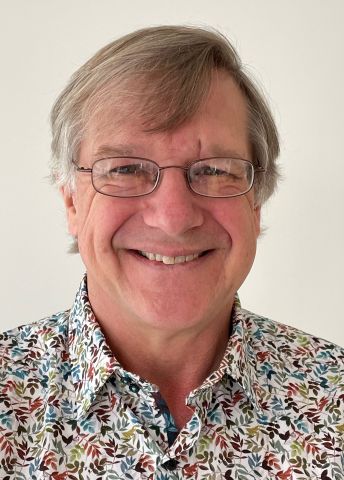
Program for mathematics 2023
Visting Professor
Professor Michael Stillman
Cornell University, USA
Nominated by:
Department of Mathematics KTH Royal Institute of Technology
Visting Professor
Professor Michael Stillman
Cornell University, USA
Nominated by:
Department of Mathematics KTH Royal Institute of Technology
Better algorithms for algebraic geometry
Michael Stillman is currently a professor at Cornell University, USA. Thanks to a grant from the Knut and Alice Wallenberg Foundation, he will be a visiting professor at the Department of Mathematics, KTH Royal Institute of Technology, Stockholm.
Algebraic geometry dates back to the Ancient Greeks and is a central area of mathematics that studies geometric properties for solutions to systems of polynomial equations. The area is particularly notable for its interactions with other branches of mathematics, such as number theory and complex analysis; it also has applications within theoretical physics, cryptography and robotics, for example.
Over the past six decades, new ideas have developed and fundamentally changed algebraic geometry. The legendary Alexander Grothendieck, who worked in France, introduced entirely new interpretations of the concept of space and the way of seeing points in a space. This more generalised geometry is not as dependent on concrete equations, but instead builds more upon modern abstract algebra.
Calculations that were previously impossible to execute can now be done using computers. Michael Stillman is one of the world’s leading experts in computational algebra and algebraic geometry. He is one of the founders of Macaulay2 – an open source computer system. Thanks to its rapid implementations of algorithms, Macaulay2 is now an indispensable tool for researchers around the world, and has completely changed the way in which contemporary research in algebraic geometry is conducted.
However, even the best software has limitations, as apparently manageable mathematical problems can lead to computations that cannot be completed within a lifetime. Deeper understanding of the underlying theories is therefore necessary to develop better and faster algorithms, which is the intention of the planned project.